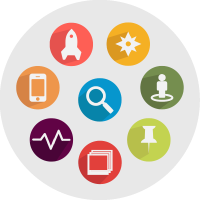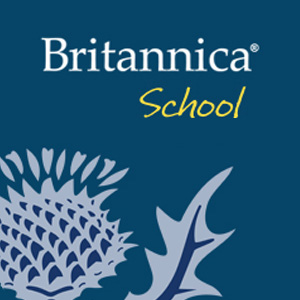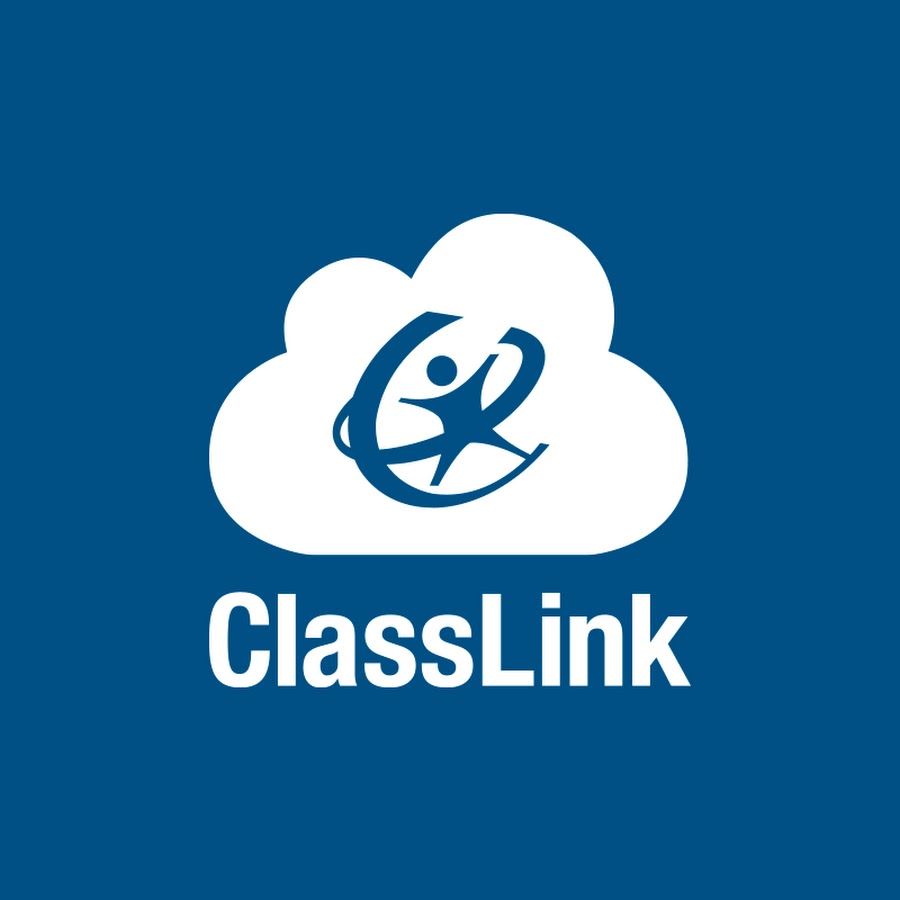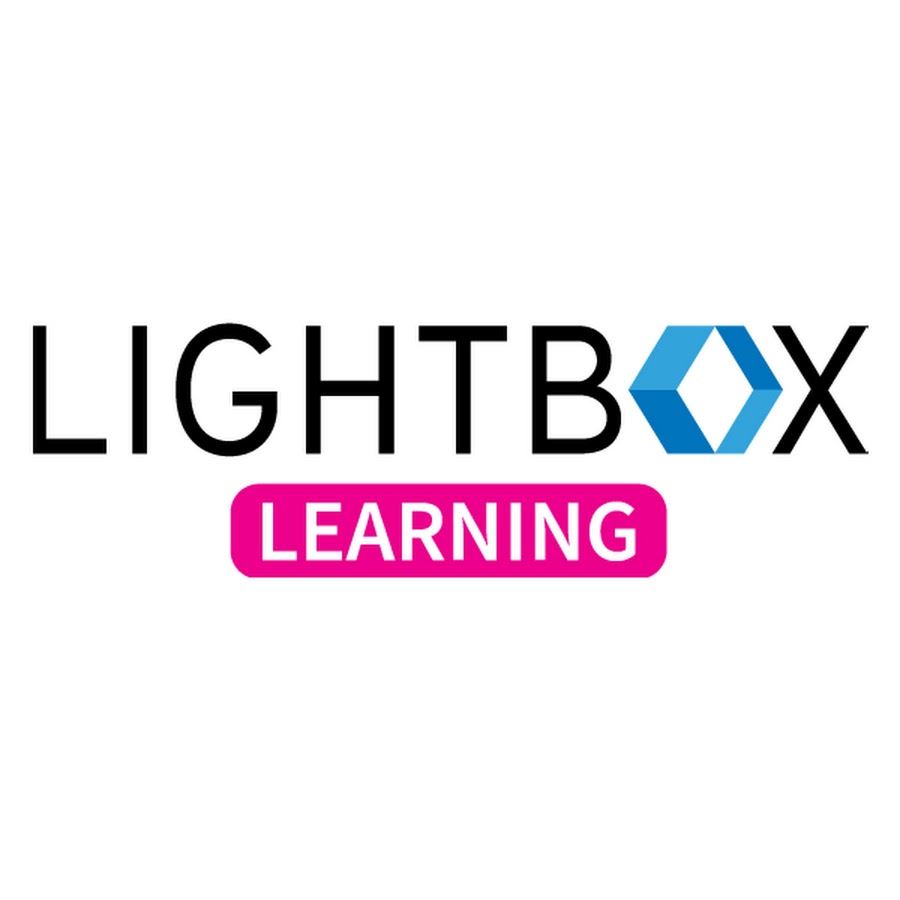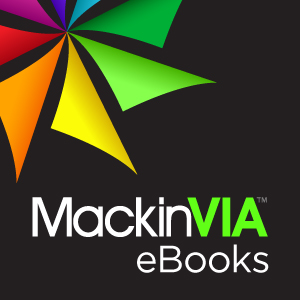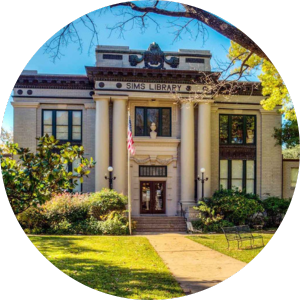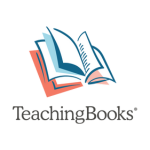Select a School...
Select a School
- Challenge Academy
- Clift Elementary
- Coleman Junior High
- Dunaway Elementary
- Felty Elementary
- Finley Junior High
- Global High School
- High School of Choice
- Howard Junior High
- Marvin Biomedical Academy
- Northside Elementary
- Ray Elementary
- Shackelford Elementary
- Simpson Elementary
- Turner Prekindergarten Academy
- Waxahachie High School
- Wedgeworth Elementary
- Wilemon STEAM Academy

